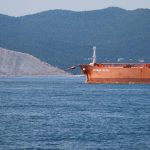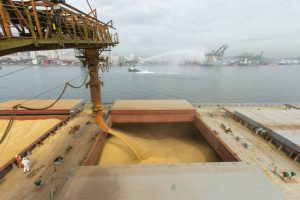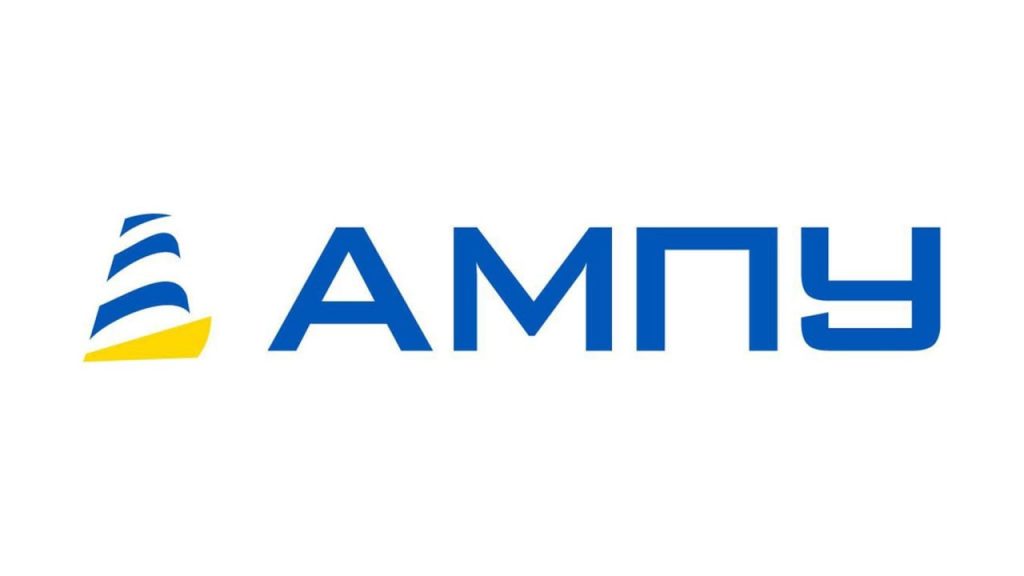Putin disrupted oil exports from Kazakhstan due to FSB inspections of foreign ships

Foreign oil tankers have been temporarily banned from loading at Russia’s main Black Sea ports.
This effectively blocks exports from Kazakhstan, two industry sources said on Wednesday, Reuters reported.
The lack of access to ports for foreign vessels, which has also affected Russian oil exports from the port of Novorossiysk, could account for more than 2% of global oil supplies, according to Reuters calculations based on loading data in the region.
It comes days after the EU imposed new sanctions on Russia and made it more difficult for the Caspian Pipeline Consortium, whose shareholders include Chevron and ExxonMobil. CPC ships oil through a pipeline that carries more than 80% of Kazakhstan’s oil exports, and then through a Russian terminal in Yuzhnoye Ozereyevka.
On Monday, Russian President Vladimir Putin signed a law that will require foreign vessels to obtain permission from Russia’s FSB security service to access the country’s ports.
The decree states that the port authority’s permission for foreign vessels to enter the port will need to be coordinated with the FSB, the main successor organization to the Soviet-era KGB. The new measures came into effect immediately after the decree was published.
One source expects the situation at the ports to be resolved within a day or two. Black Sea oil exports from the CPC terminal in Russia were scheduled for August at 1.66 million barrels per day, or about 6.5 million tons, which is almost unchanged from the July export plan. According to industry sources, oil exports and transit through Novorossiysk in July amounted to about 2.2 million tons.





